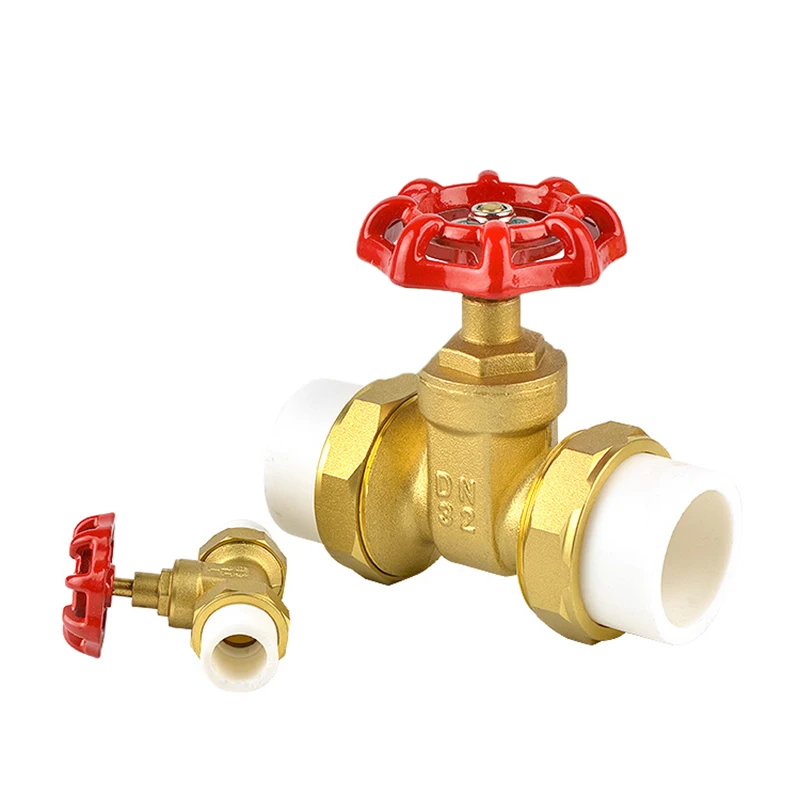Whether brass valve ASTM D2665 are better depends on the specific application and requirements. Here’s a detailed look at the advantages and situations where brass valves may be the better option:
1. Advantages of Brass Valve
- Durability: Brass is a strong, long-lasting material. Brass valves can withstand frequent use and are less likely to crack or wear out compared to plastic or other metals.
- Corrosion Resistance: Brass is naturally resistant to rust and corrosion, making it ideal for use in water systems, including outdoor applications where moisture exposure is constant.
- Versatility: Brass valves are compatible with a wide range of fluids, including water, air, gas, and fuel. This makes them suitable for various applications, from residential plumbing to industrial gas control.
- High Temperature and Pressure Resistance: Brass valves can handle high temperatures and pressure, making them suitable for both hot water systems and industrial processes where extreme conditions are present.
- Easy Maintenance: Brass valves are known for their low maintenance requirements. Thanks to their resistance to rust and wear, they need fewer repairs or replacements compared to valves made from less durable materials.
2. Brass vs. Other Material
- Brass vs. Plastic Valves: While plastic valves are cheaper, they are less durable and can crack or break under high pressure or extreme temperatures.
- Brass vs. Stainless Steel Valves: Stainless steel valves offer excellent corrosion resistance, particularly in aggressive environments (e.g., acidic or salty conditions). However, brass valves are generally more affordable and offer similar durability for standard water, gas, and fuel applications.

3. When Brass Valve are Better
- Water Systems: For most residential and commercial water systems, brass valves are an excellent choice due to their resistance to corrosion and ability to handle varying water pressures and temperatures.
- Their durability ensures long-term reliability in controlling gas flow.
- Outdoor Applications: Brass valves are perfect for outdoor use, such as garden taps or irrigation systems, because they can withstand exposure to the elements without rusting or deteriorating.
- Heating Systems: In heating applications, brass valves perform well under high temperatures and pressure, making them ideal for use in radiators, boilers, and hot water tanks.
4. Limitations of Brass Valve
- Not Suitable for Certain Chemicals: Brass can react with certain chemicals or highly acidic or alkaline solutions, which may cause corrosion over time. In such cases, stainless steel or other specialized valves may be more suitable.
- Higher Cost Compared to Plastic: Brass valves are more expensive than plastic ones, so for low-budget or non-critical applications, plastic might be a better option.
Conclusion
Brass valves are often considered better for applications requiring durability, corrosion resistance, and versatility. They excel in plumbing, heating, and industrial systems and offer long-term reliability with minimal maintenance. While they may not be the best option for every scenario, particularly in environments with harsh chemicals or where cost is a primary concern, brass valves generally provide superior performance in most water, gas, and heating applications.